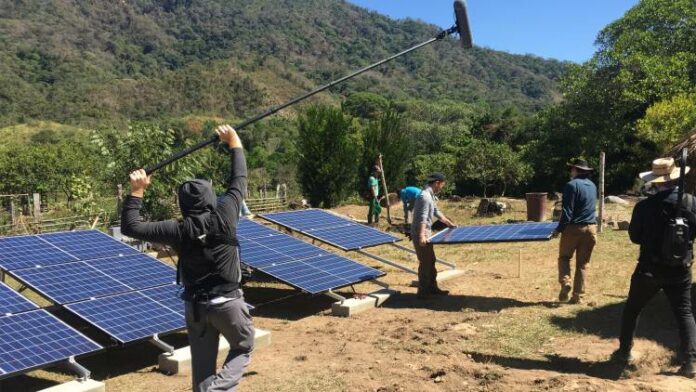Scott Tinker, director of the Bureau of Economic Geology at the University of Texas at Austin, understands that in today’s highly charged political environment, engaging in meaningful and thoughtful conversations about energy is challenging, particularly for younger people. Personal ideologies are attacked immediately and viciously, no matter your personal stance on the current and future global energy mix, Tinker explained.
Concurrently, the oil and gas industry is arriving at an era in which it is looking to those same young people as its future workforce, a potential workforce that Tinker believes is often fed misinformation.
“Right now it’s pretty tough for young people to speak on anything that isn’t renewables,” Tinker said. “The education environment for them is one that isn’t healthy. It’s so biased and partisan. Energy matters, and all energy matters. There’s a place for all of it.”
With that challenge in mind, Tinker helped establish Switch Energy Alliance (SEA), a nonprofit organization with the mission to inspire and motivate people of all ages to learn about energy, engage in those conversations and make informed decisions about the global energy future. SEA works to fulfill that mission by providing a multitude of high-quality, professionally produced educational videos and programs, highlighted by Tinker’s award-winning documentary, “Switch,” which was developed with Emmy-winning filmmaker Harry Lynch.
Tinker described “Switch” as an “old-school” style documentary, in which there were no protagonists or antagonists cast. The documentary was filmed in 11 countries and included more than 50 interviews and 20 site visits. “Switch” captures the state of the world’s energy transition, explaining the benefits and challenges of nearly all energy sources, including solar, wind, nuclear, biofuels and fossil fuels.
Upon its release in 2012, “Switch” was chosen to open the Environmental Film Festival in Washington D.C., and later that year won the Best of the Fest award at the Colorado Environmental Film Festival. Since then “Switch” has been shown at more than a dozen film festivals, saw a limited theatrical run, was screened more than 1,000 times at more than 500 universities around the world and has entered the curriculum in more than 2,000 universities worldwide.
Tinker acknowledged that his initial perceptions about the energy mix changed the more he learned during the process of filming “Switch.”
Source:epmag



